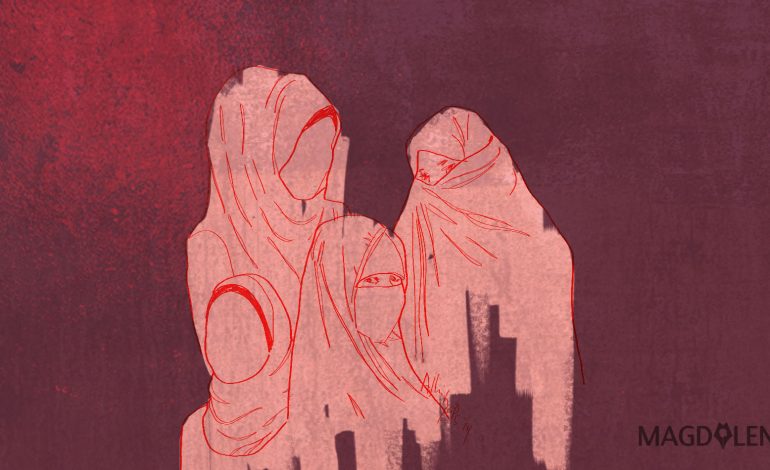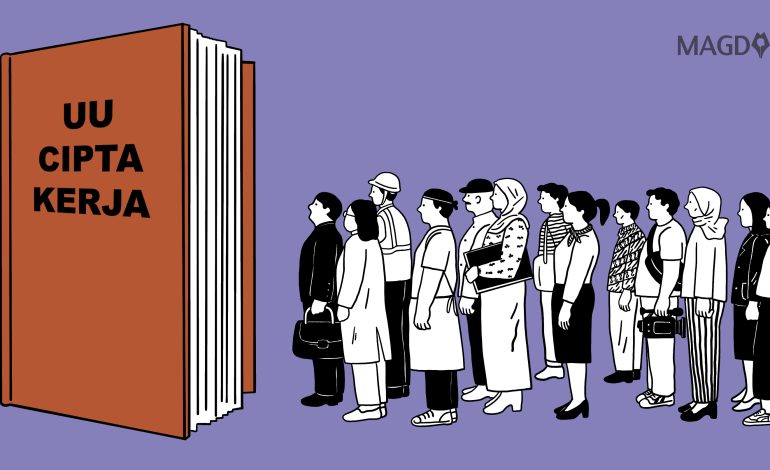In France, Abortion Rights and Hijab Bans Highlight A Double Standard on Women’s Rights

The French parliament recently voted in favour of enshrining the right to abortion into the country’s constitution. While crowds celebrated outside, the slogan “my body my choice” was projected onto the Eiffel Tower in giant letters.
Although concerns about barriers and access still remain, women in France are now guaranteed the right to an abortion up to 14 weeks into their pregnancy, mirroring Spain but still well behind Sweden’s 18 weeks and the 24 weeks allowed in The Netherlands.
Also read: Fair Skin, Pre-Colonialism Beauty Standard That Persists
The decision comes at a time when women’s reproductive rights elsewhere are under threat. In contrast to the United States Supreme Court’s decision overturning abortion rights, France’s vote to enshrine them into its constitution looks like a feminist dream.
In his triumphant speech, French Prime Minister Gabriel Attal said: “We are sending the message to all women: Your body belongs to you and no one has the right to control it in your stead.”
Yet just last year, Attal, as education minister, banned Muslim girls from wearing abayas in schools. His message — and France’s — to Muslim girls and women seems to be the opposite.
Hijab Bans
France’s double standard on women’s rights is most plainly seen in its treatment of Muslim women and girls. A week after its historic abortion vote, France marks 20 years since the adoption of the March 2004 law that bans students in public schools from wearing conspicuous symbols or clothing that manifest a religious affiliation.
In principle, the 2004 law applies to all students and prohibits them from wearing religious symbols like crosses, kippas (yarmulkes) and hijabs. But in practice, it is a sexist and racist law that disproportionately targets Muslim girls.
My doctoral research showed how Muslim girls are racially and religiously profiled by school administrators and have been suspended or expelled for wearing hoodies, hats, headbands and even long skirts. Last year, they were also banned from wearing abayas, which are long garments that are worn over clothing.
Also read: Why Some Muslim Women Feel Empowered Wearing Hijab?
In my research, I refer to these bans as “anti-veiling laws” because, although they speak of religious symbols in general, the primary motivation behind these is always Muslim women’s dress.
France’s law led other jurisdictions across Europe and North America to ban Muslim women’s attire in various contexts. A 2022 report from the Open Society Justice Initiative found that out of the 27 European Union member countries, only five have never enacted, or attempted to enact, bans on veiling.
Meanwhile, Québec holds the distinction of being the only province in Canada to implement a ban on religious symbols.
Former Québec Premier Pauline Marois cited the French law as being an “inspiration” for her government’s failed Bill 60, known as the Charter of Québec Values. That bill was a precursor to Québec’s Bill 21, which bans teachers, judges, prosecutors, police officers and other officials in positions of authority from wearing religious symbols.
Discrimination against Muslim women
Even though the laws are worded neutrally, claiming to defend abstract principles like secularism, religious neutrality, gender equality or “living together,” in practice they are mostly applied to Muslim women’s attire.
Human rights groups like Amnesty International and the Collective Against Islamophobia in Europe have demonstrated that the surveillance, suspension and expulsion of Muslim girls at school have led to a decrease in their educational and employment outcomes.
In addition to increasing discrimination against them, these bans also violate their right to education without discrimination, a right that is upheld in several international treaties, including the United Nations Convention on the Rights of the Child.
However, the most insidious aspect of France’s 2004 law is how it has been used to justify even further restrictions on the rights of Muslim women and girls, such as women wearing face veils or niqabs, mothers wishing to accompany their children on school outings and women athletes who wear hijab.
In fact, Muslim women are routinely told to take off their clothes or to wear less clothing, even in places or contexts where they legally have the right to wear whatever they want, including at public beaches and swimming pools.
Body Sovereignty
This brings us back to the issue of a woman’s right to make decisions about her own body. Access to abortion is an important right for women everywhere, but women’s rights extend beyond abortion.
The concept of body sovereignty was developed by Indigenous feminists and activists, and refers to a person’s autonomy over their own body as well as to their relationship to land, belief systems and ways of being that are intersectional, sexually diverse, non-Eurocentric, non-ableist and non-fatist. It includes everything from diet, clothing, sexual activity and beauty ideals to reproductive health and freedom from violence.
Also read: Beauty ideals Were As Tough In the Middle Ages As They Are Now
Anti-veiling laws discriminate against Muslim women and girls, encourage violence against them and undermine the principle of body sovereignty.
Feminists and pro-choice activists everywhere should pause and think about what it means for governments to guarantee abortion rights to women while denying them the more expansive concept of body sovereignty. If feminists and their allies are outraged when theocratic regimes impose religious dress on women, they should be similarly outraged when democratic governments also restrict what women can wear: these are two sides of the same coin.
Both undermine women’s freedom, body sovereignty and self-determination. It is time for feminists everywhere to demand an end to laws that force women to dress one way or another, regardless of where in the world they are enacted.![]()
Roshan Arah Jahangeer, Postdoctoral Researcher, Memorial University of Newfoundland
This article was first published on The Conversation, a global media resource that provides cutting edge ideas and people who know what they are talking about.






















